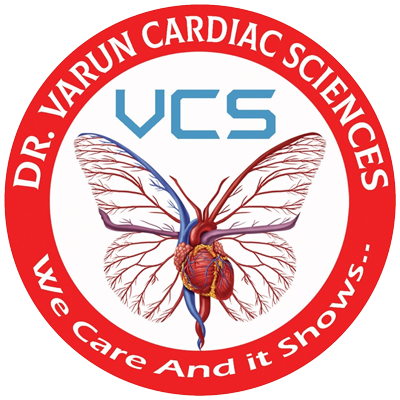For patients considering lung resection, it is essential to consult with a specialized thoracic surgeon to determine the most appropriate surgical approach based on individual circumstances and medical needs.
What is a Lung Transplant?
A lung transplant is a surgical procedure where one or both diseased lungs are replaced with healthy lungs from a deceased donor. This complex surgery is typically performed on patients with end-stage lung diseases, such as chronic obstructive pulmonary disease (COPD), cystic fibrosis, idiopathic pulmonary fibrosis, and pulmonary arterial hypertension. The goal is to improve the patient’s quality of life and increase their life expectancy.
What is the role of a lung transplant clinic?
Multidisciplinary Team Approach
A lung transplant clinic is staffed by a multidisciplinary team of healthcare professionals, including pulmonologists, transplant surgeons, cardiologists, nurses, social workers, nutritionists, and physical therapists. This team works collaboratively to ensure that each patient receives comprehensive care tailored to their specific needs.
Evaluation and Assessment
The first step in the lung transplant process is a thorough evaluation to determine if the patient is a suitable candidate. This assessment involves a series of tests and consultations, including
- Pulmonary Function Tests (PFTs): Measure the lungs’ capacity and efficiency.
- Imaging Studies: Chest X-rays and CT scans to evaluate the lungs’ condition
- Cardiopulmonary Exercise Testing (CPET): Assess the heart and lungs’ response to exercise
- Blood Tests: Identify any underlying health issues or potential complications
- Psychosocial Evaluation: Ensure the patient has the mental and emotional strength to undergo the transplant process
Listing and Waiting Period
Once a patient is deemed suitable for a lung transplant, they are placed on the national transplant waiting list. The waiting time for a suitable donor lung can vary widely, depending on factors like blood type, lung size, and the patient’s overall health. During this period, the clinic provides ongoing monitoring and support to manage the patient’s condition and prepare them for surgery
Pre-Transplant Preparation
Pre-transplant preparation is crucial for a successful outcome. The clinic will provide guidance on maintaining optimal health, including
- Medication Management: Adjusting medications to control symptoms and prevent complications
- Nutritional Counseling: Ensuring the patient maintains a healthy weight and adequate nutrition
- Physical Therapy: Strengthening the body to withstand surgery and promote faster recovery
The Transplant Surgery
When a suitable donor lung becomes available, the transplant surgery is performed in a hospital’s specialized operating room. The procedure can take several hours and involves removing the diseased lung(s) and implanting the healthy donor lung(s). The patient is then moved to the intensive care unit (ICU) for close monitoring and support.
Post-Transplant Care
Post-transplant care is critical to the success of the procedure and the patient’s long-term health. The lung transplant clinic provides comprehensive follow-up care, which includes
- Regular Check-ups: Frequent visits to monitor the patient’s progress and detect any signs of rejection or infection.
- Immunosuppressive Therapy: Medications to prevent the immune system from attacking the new lung
- Rehabilitation: Physical therapy to help the patient regain strength and improve lung function
- Education and Support: Ongoing education about lifestyle changes, medication adherence, and recognizing signs of complications
The Importance of a Lung Transplant Clinic
A lung transplant clinic plays a vital role in ensuring the success of lung transplantation by providing specialized care throughout the entire process. The multidisciplinary team approach ensures that all aspects of the patient’s health are addressed, from initial evaluation to long-term follow-up. This comprehensive care helps to maximize the chances of a successful transplant and improve the patient’s quality of life
Key Benefits of a Lung Transplant Clinic
- Expertise: Access to specialists with extensive experience in lung transplantation
- Comprehensive Care: Coordinated care from evaluation through post-transplant recovery
- Patient Support: Emotional and psychological support for patients and their families
- Advanced Technology: State-of-the-art facilities and equipment for optimal outcomes
A lung transplant clinic is an essential resource for patients with end-stage lung disease who are seeking a chance at a better life through lung transplantation. By offering specialized care, advanced medical technology, and comprehensive support, these clinics play a crucial role in the complex journey of lung transplantation, helping patients navigate the challenges and achieve the best possible outcomes.

